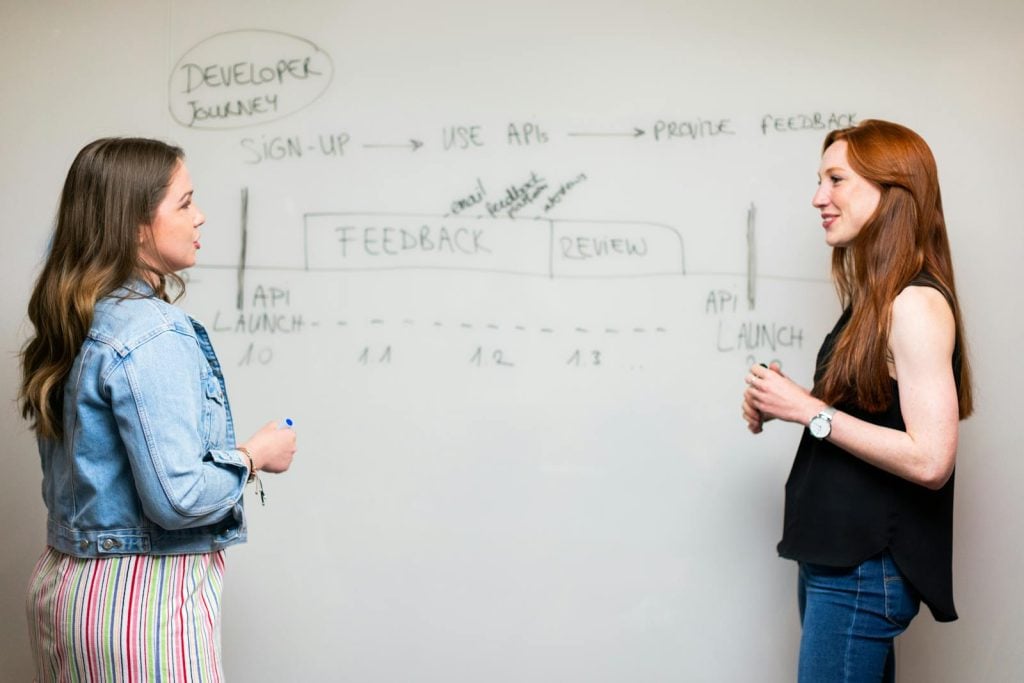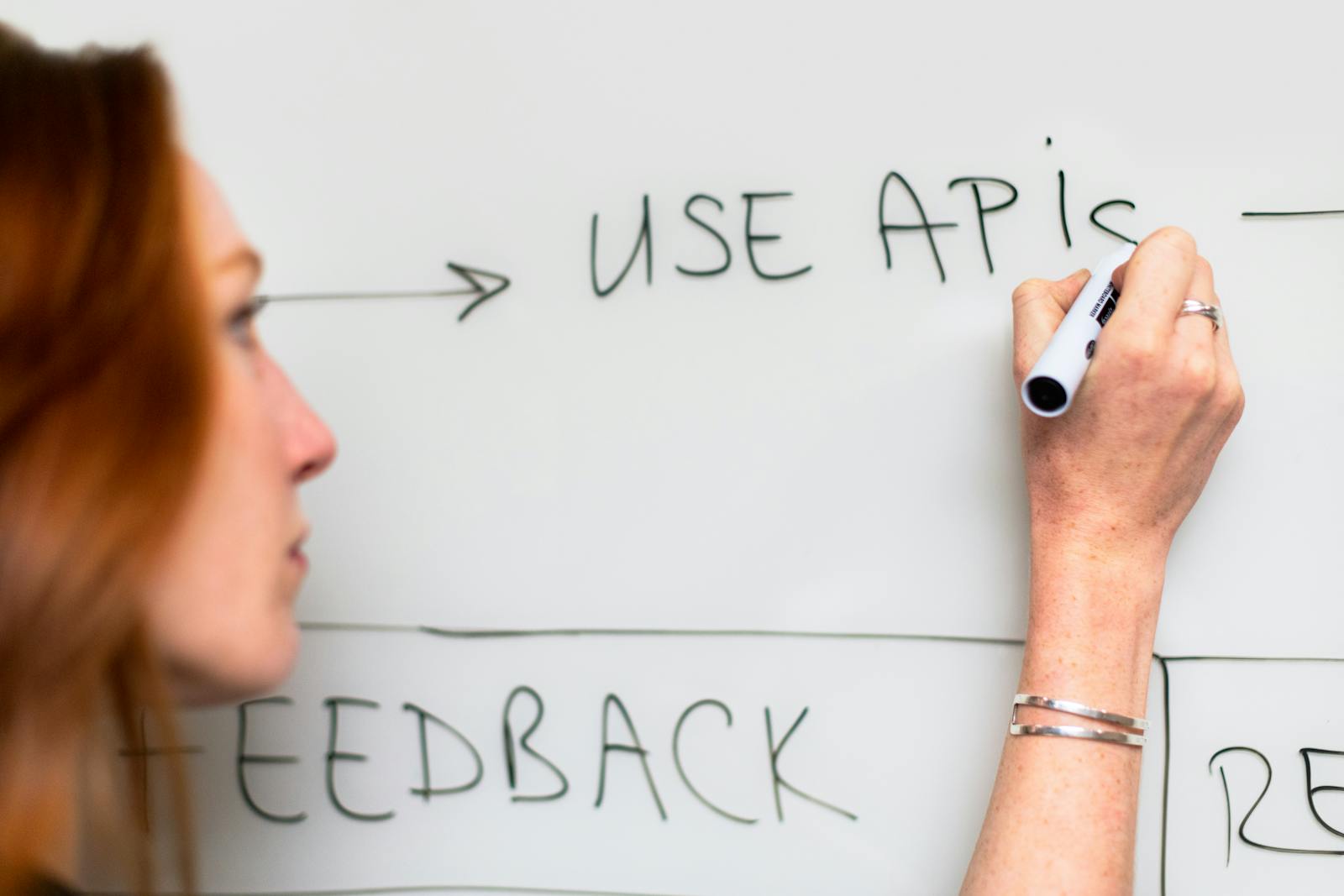Why API-First Matters More Than Ever
For startups in Ireland and Denmark, growth often comes with a hidden challenge: integrating new tools, platforms, and user experiences without breaking what already works. That’s where API-first design comes in. By prioritising APIs at the start, founders can build products that are not just functional but scalable, flexible, and ready to adapt.
At Dev Centre House, we’ve seen how startups leveraging API-first design gain faster development cycles, stronger integrations, and smoother scaling journeys—giving them a competitive edge in crowded markets.
What Is API-First Design?
API-first design means treating the API as the foundation of your application rather than an afterthought. Instead of building the product first and then bolting on APIs, the development process begins with designing robust, well-documented APIs that every component of your platform—and external integrations—depend on.
For Irish and Danish startups, this approach ensures that systems can connect easily with third-party tools, partners, and future services, without costly rewrites down the line.
Why Startups in Ireland and Denmark Should Care
Both Ireland and Denmark are thriving hubs for tech innovation. Yet scaling often requires:
- Cross-border collaboration – working with global partners and platforms.
- Regulatory flexibility – adapting to EU compliance while serving local needs.
- Fast market entry – deploying features quickly without breaking existing ones.
API-first design gives startups the agility to expand into new markets while ensuring reliability for existing users.
Benefits of API-First Design for Scaling Startups
1. Faster Development Cycles
With clearly defined APIs, development teams can work in parallel—front-end, back-end, and third-party integrations—without waiting for one another. This accelerates MVP launches and feature rollouts.
2. Seamless Integrations
Modern startups rarely operate in isolation. Whether connecting to payment providers, CRMs, or AI tools, API-first ensures integrations are cleaner and less prone to failure.
3. Future-Proof Architecture
Scaling often involves pivots—expanding to new devices, platforms, or use cases. An API-first approach ensures your architecture can evolve without needing a full rebuild.
4. Stronger User Experience
Users expect fast, reliable performance. APIs built first and tested thoroughly reduce downtime and errors, creating smoother customer experiences.
Common Mistakes Startups Make Without API-First
Irish and Danish founders sometimes fall into traps when APIs are secondary:
- Patchwork integrations – leading to brittle systems that fail under scale.
- Delayed partnerships – difficulty onboarding new collaborators due to poor API documentation.
- Increased technical debt – rushing to fix connectivity instead of building features.
Avoiding these pitfalls is often what separates startups that scale smoothly from those that stall.
How to Adopt an API-First Mindset
Start with Clear Documentation
Treat your API as a product. Tools like Swagger and Postman help standardise documentation, making it easier for teams and partners to work with.
Prioritise Security from Day One
APIs are gateways into your system. Secure them with authentication, encryption, and compliance aligned with EU regulations.
Invest in DevOps and CI/CD
Continuous integration and deployment pipelines ensure every change to your API is tested and reliable, preventing bugs from slipping through.
Build for Extensibility
Think about the integrations your startup might need in one, three, or five years. Design APIs with flexibility to support those future requirements.
Irish and Danish Success Stories with API-First
Across Europe, startups using API-first approaches have scaled faster. Irish SaaS platforms have entered global markets more smoothly, while Danish fintechs have integrated with banking partners seamlessly.
Dev Centre House has guided companies in both regions through this transition, helping them design API-first platforms that scale securely and efficiently. That expertise ensures founders aren’t just launching products—they’re building ecosystems.
Building for Scale with API-First

For startups in Ireland and Denmark, API-first design is more than a technical choice—it’s a growth strategy. By prioritising APIs at the beginning, founders set their products up for scalability, adaptability, and success in competitive markets.
With the right approach—and the right partners like Dev Centre House—startups can avoid costly rewrites, speed up their time to market, and scale confidently across Europe and beyond.
